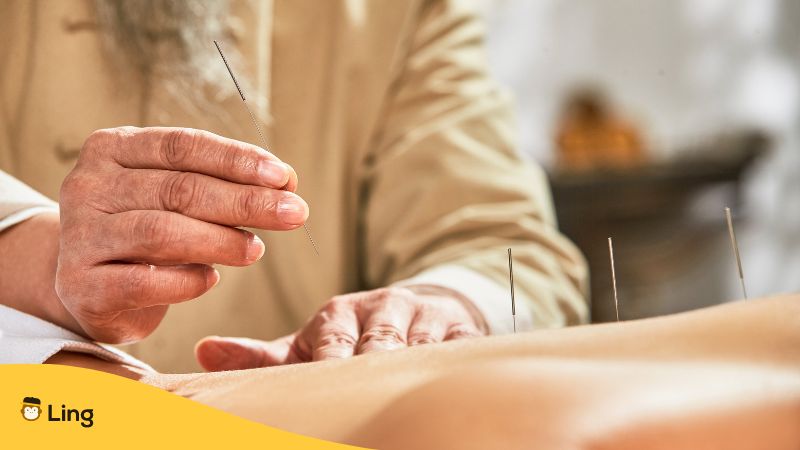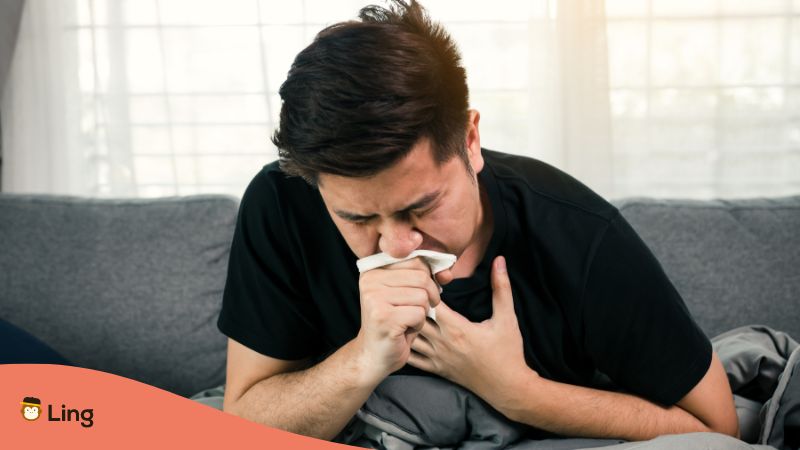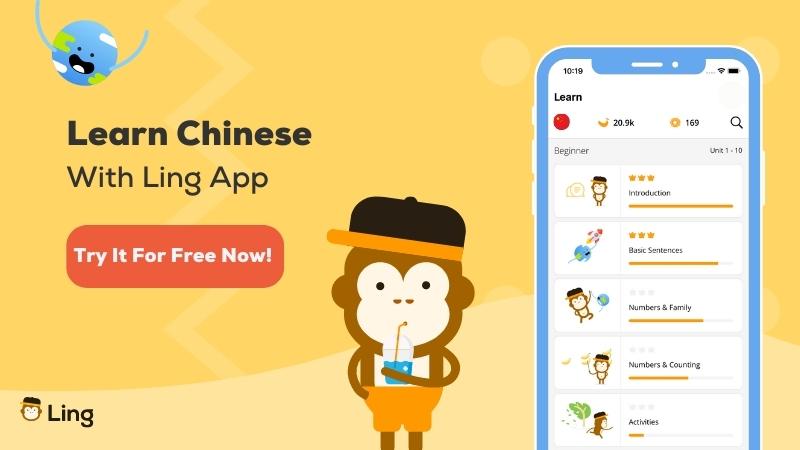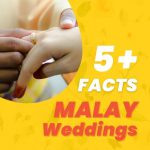Health is wealth, and knowing how to communicate about it in another language is priceless. Whether you’re from a foreign country traveling to China with a medical emergency or want to broaden your language skills, having a basic understanding of health vocabulary in Chinese can be a lifesaver.
In this post, we’ll explore the most important medical terms in Chinese, so you’ll feel confident describing symptoms, asking for help, and understanding your doctor’s advice.
Get ready to expand your vocabulary and discover a new way of health thinking!
Traditional Chinese Medicine
The Chinese have a very long history of traditional Chinese Medicine. In fact, the practice dates back over 5,000 years ago!
Here are some common traditional Chinese medicine terms you may want to add to your vocabulary list:
Vital Energy/Qi – 气 (Qì)
This refers to the vital energy that flows throughout the body. It is believed to be crucial for good health and is often translated as “life force” or “energy.”
Acupuncture – 针灸 (Zhēnjiǔ)
This therapeutic practice involves inserting thin needles into specific points on the body. It is believed to help balance the flow of Qi and promote healing.

Herbal Medicine – 中药 (Zhōngyào)
This refers to the use of plants and plant extracts to treat illness. Many traditional Chinese herbal remedies have been used for centuries and are believed to be effective for various health conditions.
Gua Sha – 刮痧 (Guāshā)
This technique involves scraping the skin with a smooth-edged tool to promote blood flow and stimulate the immune system.
Cupping – 拔罐 (Báguàn)
This therapeutic technique involves placing glass or plastic cups on the skin and creating a vacuum. It consists of burning dried mugwort on or near the skin to promote healing and stimulate the flow of Qi.
Health Vocabulary In Chinese for Illnesses and Conditions
Imagine you’re in China, and you’re not feeling well. You want to go to the doctor and communicate your symptoms. What would you say?
The following are the top Chinese vocabulary for illnesses and common symptoms to help you communicate your symptoms to a doctor.
If you’re not sure how to pronounce these words, click the sound button after the word!
Fever – 发烧 (Fā Shāo)
Your body’s way of turning up the heat and throwing a party, but you’re not invited.
Example sentence:
- I have a fever.
- 我发烧了。
- Wǒ fā shāo le.
Common Cold – 感冒 (Gǎn Mào)
The ultimate uninvited guest that always shows up at the worst possible time.
Example sentence:
- I caught a cold from my coworker.
- 我从同事那里感冒了。
- Wǒ cóng tóng shì nà lǐ gǎn mào le.
Headache – 头痛 (Tóu Tòng)
The feeling of a tiny drummer using your head as a drum set.
- I have a bad headache today.
- 今天我的头痛得很厉害。
- Jīn tiān wǒ de tóu tòng dé hěn lì hài.
Cough – 咳嗽 (Ké Sòu)
Your body’s way of trying to communicate is through Morse code, but nobody knows the message.
- My cough is getting worse.
- 我的咳嗽越来越严重了。
- Wǒ de ké sòu yuè lái yuè yán zhòng le.

Stomach Ache – 胃痛 (Wèi Tòng)
When your stomach decides to stage a protest against your food choices.
- I can’t eat anything because of my stomach ache.
- 我因为胃痛不能吃东西。
- Wǒ yīn wèi wèi tòng bù néng chī dōng xī.
Diarrhea – 腹泻 (Fù Xiè)
A not-so-subtle reminder that your digestive system is not a fan of your latest food adventure.
- I have diarrhea after eating something bad.
- 我吃了坏东西以后腹泻了。
- Wǒ chī le huài dōng xī yǐ hòu fù xiè le.
High Blood Pressure – 高血压 (Gāo Xiě Yā)
Your body’s way of telling you to take a break and relax before you pop like a balloon.
- My father has high blood pressure and needs to take medication.
- 我父亲有高血压需要服用药物。
- Wǒ fù qīn yǒu gāo xiě yā xū yào fú yòng yào wù.
Diabetes – 糖尿病 (Táng Niào Bìng)
When your body decides to turn into a picky eater and only wants sugar but then regrets it later.
- My grandfather has diabetes and has to monitor his blood sugar levels.
- 我的爷爷有糖尿病,需要监测他的血糖水平。
- Wǒ de yé yé yǒu táng niào bìng, xū yào jiān cè tā de xuè táng shuǐ píng.
Health Vocabulary In Chinese for Treatments And Medications
The language of Medicine is a minefield of terms, from the most basic to the most complex. When you’re looking for a particular treatment or medication, it can be easy to get lost in translation.
In this section, you’ll find some of the most commonly used medical terms and treatments, as well as common medications that people take for various symptoms.
Medicine – 药 (Yào)
A magical potion that can turn your frown upside down and make you feel better in no time.
- I need to take my medicine every day.
- 我每天需要吃药。
- Wǒ měi tiān xū yào chī yào.
Dosage – 剂量 (Jì Liàng)
The amount of Medicine you need to take to get better. Too little, and you won’t feel the effects. Too much, and you might end up feeling worse than before.
- What is the correct dosage for this medication?
- 这种药的正确剂量是什么?
- Zhè zhǒng yào de zhèng què jì liàng shì shén me?
Antibiotics – 抗生素 (Kàng Shēng Sù)
The superheroes that fight against the villains of bacteria and infections in your body.
- I need to take antibiotics for my infection.
- 我需要吃抗生素治我的感染。
- Wǒ xū yào chī kàng shēng sù zhì wǒ de gǎn rǎn.
Painkillers – 止痛药 (Zhǐ Tòng Yào)
The tiny warriors that fight against the army of pain but sometimes make you feel like you’re floating on clouds.
- I have a headache, can I take some painkillers?”
- 我头痛,可以吃一些止痛药吗?
- Wǒ tóu tòng, kě yǐ chī yì xiē zhǐ tòng yào ma?
Tranquilizers – 镇静剂 (Zhèn Jìng Jì)
These little tablets are the ultimate chill pill that can turn even the most anxious person into a zen master.
- I have trouble sleeping, can I take tranquilizers?
- 我睡觉有困难,可以吃一些镇静剂?
- Wǒ shuì jiào yǒu kùn nán, kě yǐ chī yì xiē zhèn jìng jì ma?
Surgery – 手术 (Shǒu Shù)
The ultimate solution for when Medicine just isn’t enough. It’s like a game of Operation, only in real life.
- My grandma needs to have surgery on her knee.
- 我的奶奶需要在她的膝盖上做手术。
- Wǒ de nǎi nǎi xū yào zài tā de xī gài shàng zuò shǒu shù.
Examination – 检查 (Jiǎn Chá)
The medical equivalent of going to the principal’s office. It’s never fun, but it’s necessary to make sure everything is working properly.
- I need to go for a medical examination before starting my new job.
- 我需要在开始新工作之前进行一次体检。
- Wǒ xū yào zài kāi shǐ xīn gōng zuò zhī qián jìn xíng yī cì tǐ jiǎn.

Health Vocabulary In Chinese for Specialists and Professionals
You’re probably pretty good at talking to doctors, nurses, and other health-related professionals in English. But have you ever tried talking to a Chinese health professional?
It’s time to brush up on your health vocabulary in Chinese! The following words and phrases will help you get the most out of your next appointment or consultation with a Chinese doctor.
Doctor – 医生 (Yī Shēng)
A licensed medical professional trained to diagnose, treat, and prevent illness and disease.
- I need a doctor’s appointment for my headache.
- 我的头痛需要去看医生。
- Wǒ de tóu tòng xūyào qù kàn yīshēng.
Nurse – 护士 (Hù Shì)
A trained healthcare professional is responsible for providing patient care in various settings.
- The nurse will take your blood pressure before your doctor’s appointment.
- 护士会在您预约医生之前为您量血压。
- Hùshì huì zài nín yùyuē yīshēng zhīqián wéi nín liàng xiěyā.
Dentist – 牙医 (Yá Yī)
A medical professional specializing in diagnosing, preventing, and treating dental and oral health issues.
- I need to see a dentist because my tooth hurts.
- 我需要去看牙医,因为我的牙疼了。
- Wǒ xū yào qù kàn yá yī, yīn wèi wǒ de yá téng le.
Nutritionist – 营养师 (Yíng Yǎng Shī)
A healthcare professional specializing in studying food and its effects on the body and providing guidance on healthy eating habits.
- My nutritionist recommended that I eat more vegetables and fruits.
- 我的营养师建议我多吃蔬菜和水果。
- Wǒ de yíng yǎng shī jiàn yì wǒ duō chī shū cài hé shuǐ guǒ.

Health Vocabulary In Chinese for Hospitals And Facilities
Navigating Chinese hospitals or medical facilities can be daunting, especially if you’re unfamiliar with the language.
So here’s a list of terms in Chinese that you might encounter in hospitals and facilities.
Hospital – 医院 (Yī Yuàn)
The place where you go when you’re feeling under the weather and need a little TLC. It’s like a hotel but with less room service and more needles.
Emergency Room – 急诊室 (Jí Zhěn Shì)
When you need medical attention ASAP, this is the place to go. It’s like a real-life episode of Grey’s Anatomy, complete with doctors running around and shouting orders.
Outpatient Department – 门诊部 (Mén Zhěn Bù)
This is a hospital section where patients receive medical treatment and services without being admitted. Instead, they typically receive consultations, diagnosis, and treatment for illnesses or injuries that don’t require a prolonged stay in the hospital.
Inpatient Department – 住院部 (Zhù Yuàn Bù)
When you need a little more TLC than the Outpatient Department can provide, it’s time to check into the Inpatient Department.
Operating Room – 手术室 (Shǒu Shù Shì)
The place where miracles happen, or at least that’s what the doctors like to think. It’s like a high-stakes game of Operation, only with real people and real consequences.
Level Up Your Vocabulary
Well, now you’re practically a Chinese medicine expert! With these 25+ essential health vocabulary in Chinese under your belt, you’ll be able to navigate a Chinese hospital, an emergency room, or the doctor’s office with confidence and with ease.
Need more Chinese language tips? Check out the Ling app!
Learn Chinese With Ling
Are you tired of boring language lessons that feel like a chore? Say hello to the Ling app, which makes language learning fun and engaging!
With Ling App, you’ll never feel like you’re studying. Our app is designed with games, quizzes, and interactive lessons that will have you speaking like a native in no time. Plus, our app is available in over 60 languages, so you can learn whatever language you want, whenever you want!
Download the app now on App Store and Play Store, and let’s start learning together!




































































